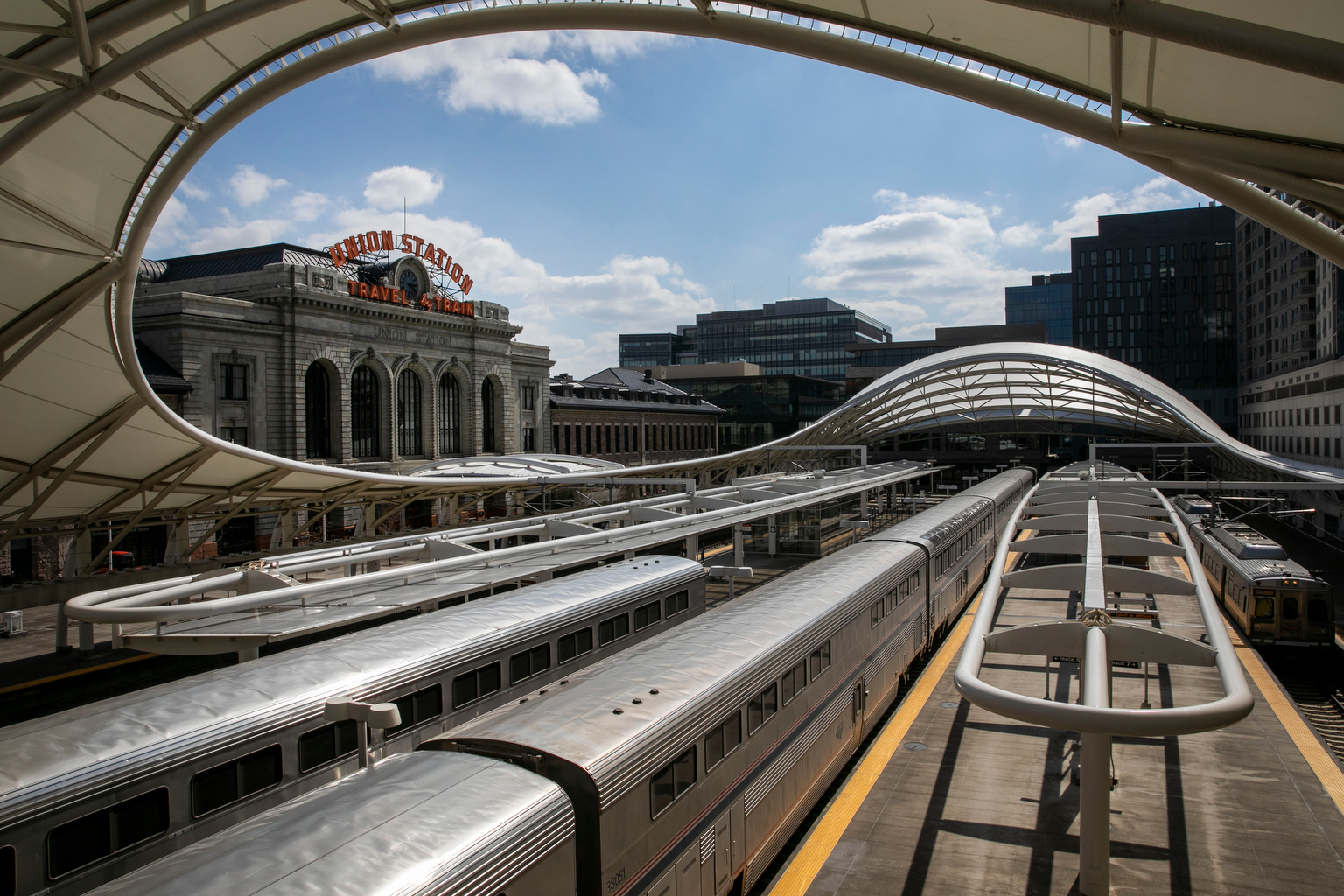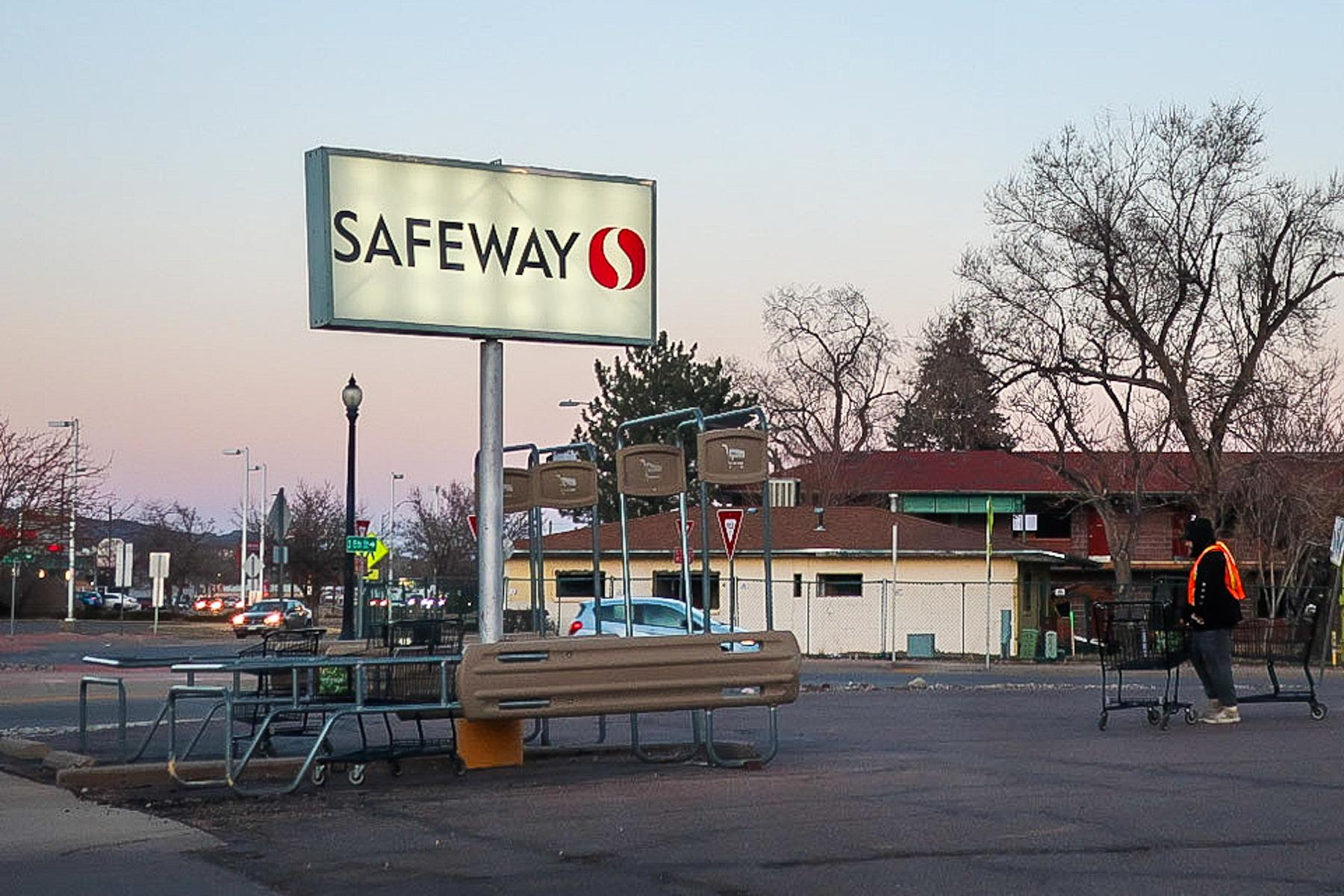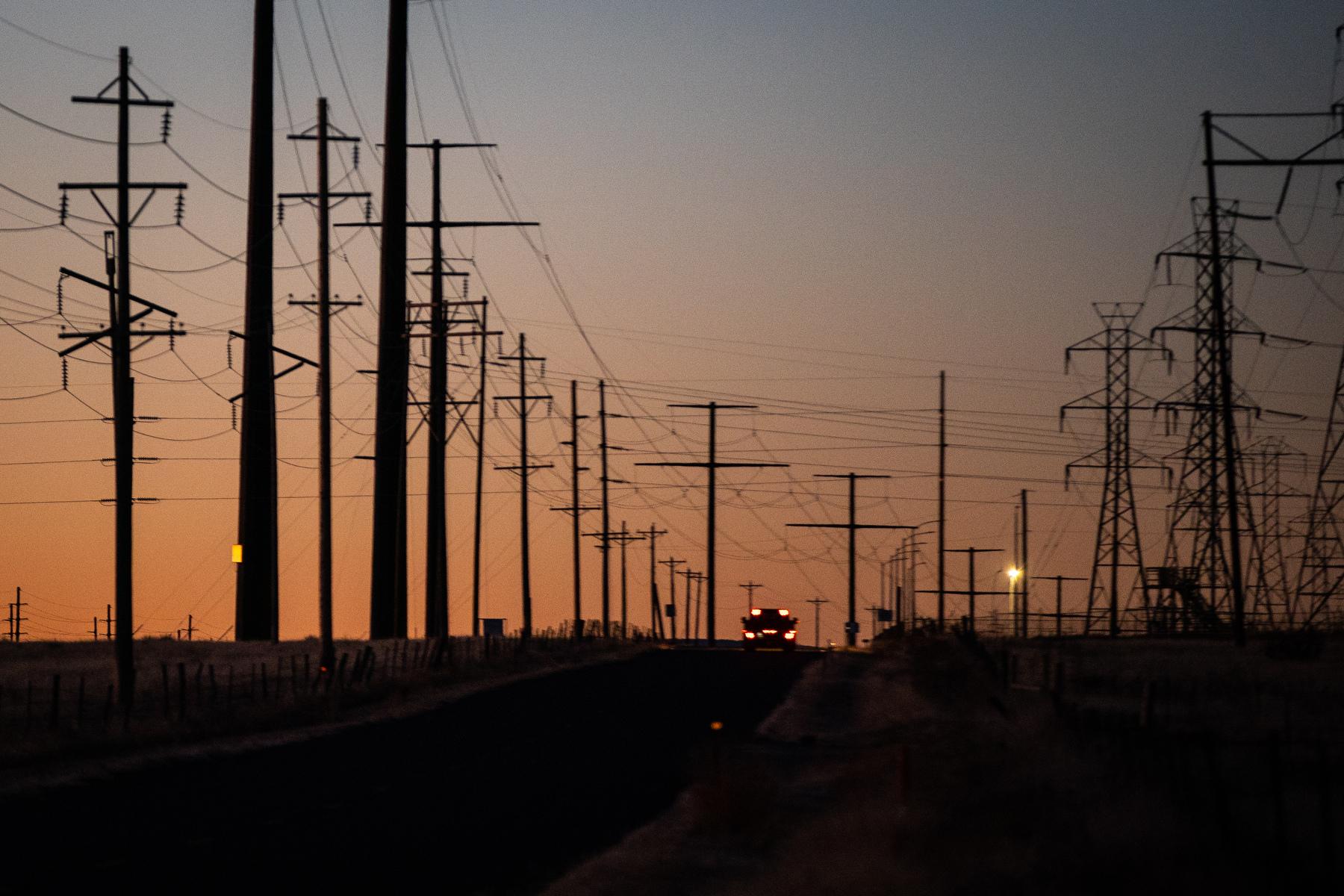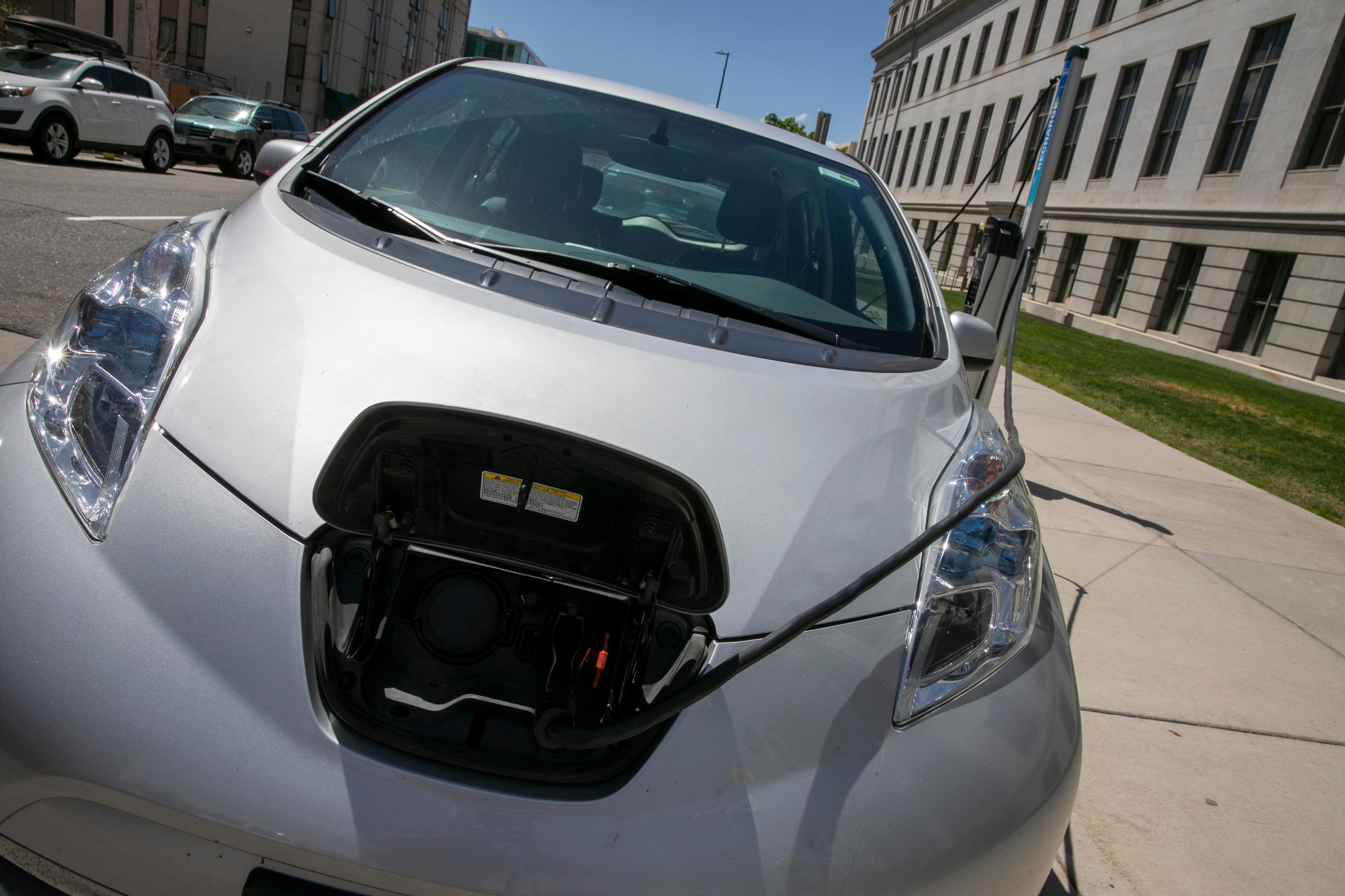
Buying an electric vehicle could soon be even cheaper for millions of Coloradans.
The state already offers generous programs and tax benefits to offset the cost of a new plug-in vehicle as a part of efforts to address climate change. Xcel Energy, the state's largest utility company, is now pushing regulators to allow its customers to tack on additional rebates worth up to $5,500.
If successful, some Colorado residents could theoretically qualify for $19,000 in total discounts, not counting any additional cash available through the federal EV tax credit. As a result, someone could soon combine enough discounts to nearly cover the price of an entry-level EV.
Xcel Energy, cities like Boulder and Denver, Tesla Motors, and environmental groups claim the benefit will help clean up the transportation sector, the state’s largest single source of climate-warming emissions. But consumer advocates and major energy users say energy customers shouldn’t be required to subsidize car purchases through their electric bills.
The proposal for “stackable” rebates would eliminate restrictions that have already frustrated some Colorado EV buyers.
That includes Adian Nye, a retired flight instructor and software engineer living in Longmont. After years of driving a Nissan Pathfinder, he resolved that his next car wouldn’t be a gas-guzzling SUV.
Some online research convinced Nye an EV could fit his budget. From what he could tell, a Telsa Model 3 could qualify for a generous suite of federal and state tax credits — plus an additional $5,500 rebate for income-qualified Xcel Energy customers. He appeared to fit the bill based on his current earnings.
Nye discovered a critical flaw in the system after buying the vehicle last March. While it wasn’t mentioned on the utility’s public-facing website at the time, some fine print on the rebate application revealed he could not combine the Xcel Energy discount with a $5,000 state tax credit.
In effect, his car wasn’t anywhere close to the bargain he’d hoped for.
“I felt like I was misled,” Nye said. “Xcel was making a big deal about this rebate, and it really wasn’t offering much of anything.”
The utility now wants regulators to get rid of the rules altogether. If approved later this month, its $437 million proposal would clear a path for a Colorado resident to theoretically collect $26,500 in discounts for a battery-powered vehicle — an amount equal to the cost of some entry-level electric cars.
Xcel Energy claims its plan to use ratepayer money to further subsidize EV purchases would help Colorado achieve its goal of putting 940,000 EVs on the road by 2030.
While the state is a hotspot of EV adoption, recent car registration data show it is only about one-tenth of the way towards the target set by Gov. Jared Polis.
To close the gap, the company has called for a major investment in EV chargers, directing more than half of the nearly half-billion-dollar plan to support charging infrastructure on private properties like apartments and delivery depots.
Roughly 4 percent of the proposed budget would go toward EV rebates, reserving the greatest benefit for low-income residents who often can’t afford the higher upfront costs of battery-powered cars.
The proposal would offer an “income-qualified rebate” worth $5,500 for new cars or $3,000 for used cars. To qualify, customers must earn less than 80 percent of their county’s median income or already participate in specific public benefit programs.
A “community rebate” worth $2,750 for new cars or $1,500 for used cars would be available to customers living in areas defined as “disproportionately impacted communities.” Those are areas heavily impacted by air and water pollution, which Colorado defines using a mapping tool called EnvroScreen. Tribal members would qualify for the same incentives.
Additional rebates would be available to help local governments and rideshare companies purchase EVs.
Supporters of the plan further claim the investments wouldn’t have a significant impact on energy bills.
Tyler Bryant, an Xcel Energy spokesperson, said the broad support for the proposal reflects agreement on the overall benefits of putting more EVs on the road. Besides reductions in climate-warming emissions and local air pollution, he said more cars plugging into the grid would spread out the cost of providing electricity service, putting downward pressure on energy costs in the long term.
“In other words, the growth of electric vehicles more than pays for itself, funds customer programs and utility infrastructure and provides savings to all customers,” Bryant said.
That’s a subtle point based on the complex economics of public utilities. A recent state analysis found the plan would likely increase the average residential electricity bill by $.66 per month over the next three years. The average business will see its monthly costs rise by about $2.27.
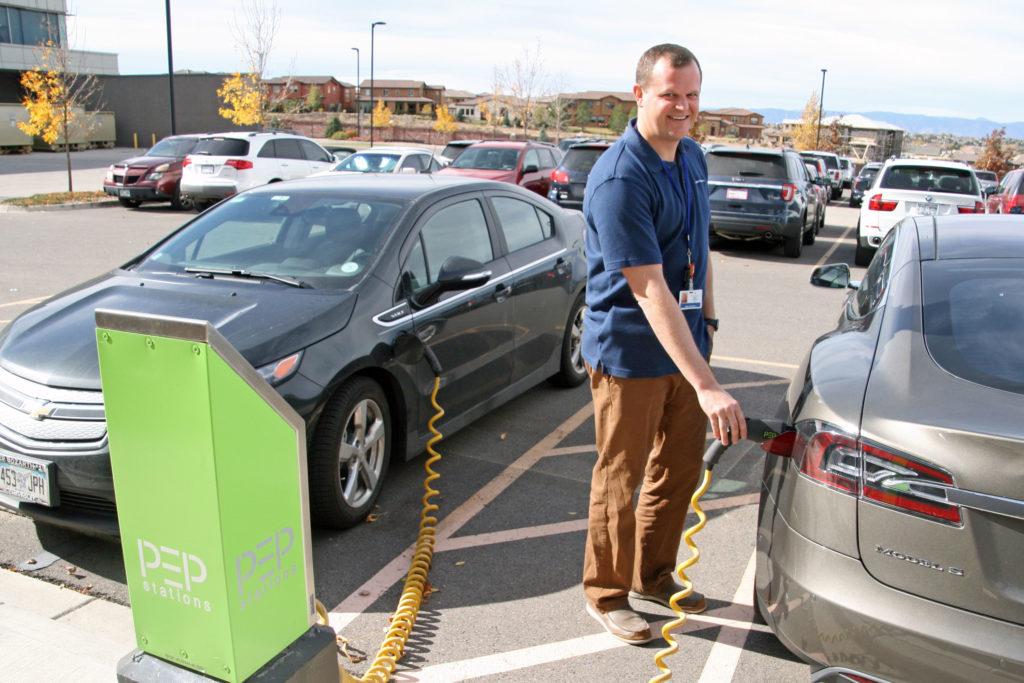
But supporters say Xcel Energy’s proposal would eventually lead to savings that exceed additional costs on energy bills.
Travis Madsen, transportation program director at the Southwest Energy Efficiency Project, said EVs will help customers avoid costs otherwise spent on gas or vehicle maintenance. In addition, the extra revenue from owners paying for electricity could help cut costs for all ratepayers.
For evidence, he pointed to a 2021 study commissioned by the Colorado Energy Office, which found that additional revenue could cut the average customer utility bill by more than 2 percent by 2050.
The line of argument has so far failed to convince the Office of the Utility Consumer Advocate, which represents ratepayers before the state utility commission.
The office is fighting the proposal along with trial staff for the Public Utilities Commission and large energy consumers. The coalition has argued the proposal lacks a mechanism to guarantee that customers will benefit from lower rates if more vehicles plug into the grid.
Consumer advocates also see the EV rebates as unnecessary, given the number of incentives already available in Colorado. Opponents are further concerned Xcel Energy wants to classify vehicle rebates as capital expenses — typically reserved things like power plants and transmission lines — rather than operating costs.
While that might sound like a wonky financial distinction, it could allow the company to recover the costs of the EV incentives from customers — plus an additional stream of new profit for shareholders.
Cindy Schonhaut, the director of the Office of the Utility Consumer Advocate, said the plan violates the long-running compact between the state and investor-owned utilities. Since the Progressive Era, state regulators have tended to only allow companies to profit from major infrastructure investments like power plants and transmission lines. Meanwhile, operating expenses — such as staff salaries or coal purchases — are passed onto customers without any markups.
She’s shocked the utility now wants to claim discounts for privately owned vehicles, which could count as “infrastructure” and help the company generate a profit. “What they’ve proposed is incredibly greedy,” Shonhaut said.
Xcel Energy posted a record $1.74 billion in profits in 2022, financial filings show, and its quarterly earning reports suggest it will likely beat that mark in 2023.
The Colorado Public Utilities Commission is expected to issue a final decision on the updated program later this Spring.

